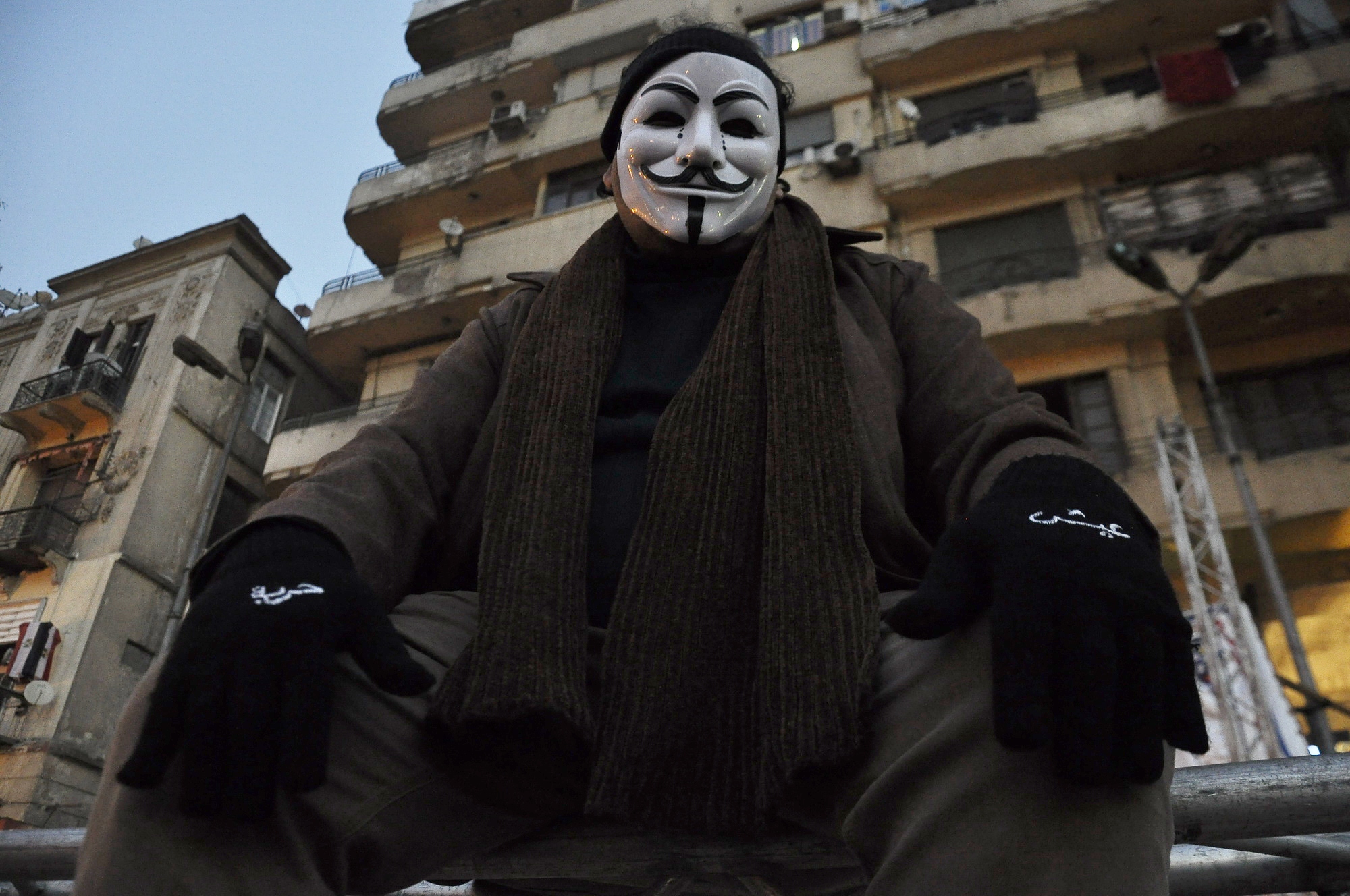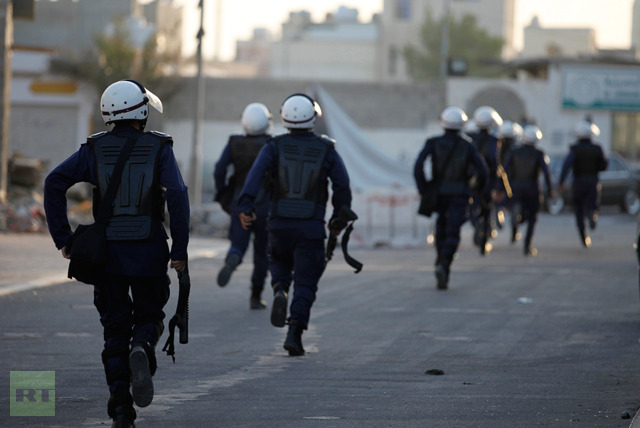The Gaza Strip’s Ministry of Health said that the Israeli forces carried out 11 massacres, killing 125 people, in the past 24 hours. The ministry reported on Sunday that the death toll from the Israeli attacks had reached 23,968 and the number of injured had risen to 60,582.
On the 100th day of the Israeli attacks, the ministry said that the Israeli army deliberately bombed residential areas with their families, and targeted the health system and infrastructure.
The ministry’s spokesperson, Ashraf Al-Qudra, said in a statement that the Israeli forces killed 337 health workers, arrested 99 others in harsh conditions, and intentionally attacked 150 health facilities, putting 30 hospitals and 53 health centers out of service, and destroying 121 ambulances in Gaza.
The Ministry of Health confirmed that about two million Palestinians were displaced in dire conditions and faced the risk of famine and the spread of diseases and epidemics, due to the bombing and destruction. It called on international organizations to take effective and focused actions to prevent the humanitarian and health crises among the displaced.
Meanwhile, the Palestinian Prisoners’ Club said on Sunday that the Israeli army arrested about 5,875 Palestinians, including 355 children and 200 women, in the occupied West Bank in 100 days.
The club said in a statement that the arrest campaigns targeted all groups, “including women and children, as the number of those who were arrested reached about 200, while the number of arrests among children until the end of last December exceeded 355 children.”
The independent United Nations Special Rapporteur on the situation of human rights in the Occupied Palestinian Territory, Francesca Albanese, said in a press statement that the Israeli occupation had made life in the Gaza Strip impossible, amid the ongoing war on the Strip since 7 October.
Albanese told the Israeli newspaper Haaretz that Israel “creates conditions that make life impossible in Gaza,” in response to a question about whether Israel deliberately deprives civilians in Gaza of food.
The UN rapporteur noted that about a thousand children underwent amputations without anesthesia, wondering why the Israeli authorities refused to allow the entry of medications needed for anesthesia into the Gaza Strip. Albanese described the situation in Gaza as “catastrophic,” warning that “it will be very difficult to rehabilitate the Gaza Strip even if the fighting stops.”
Albanese pointed out that only 8% of Gaza’s population receives UN aid, and explained that the main reasons for this situation were the lack of access to the north and the heavy bombing by Israeli forces, including in areas declared safe by the occupation.
The Independent United Nations Special Rapporteur said that 45% of the population of Gaza suffers from extreme hunger. She indicated that nine out of ten Palestinian families spend 24 hours without food in certain areas.
Albanese said that this leads to increasing accusations of genocide, as physical destruction can be achieved through famine, referring to what was stated during the International Criminal Tribunal for Rwanda. Albanese added that Israel claims that this is an “exaggeration,” and asked if this was the case, “Why are media and humanitarian observers prevented from entering the Gaza Strip?”
In another context, the Israeli army withdrew from areas east of the city of Deir al-Balah, in the central Gaza Strip, coinciding with a violent bombardment that targeted the city and caused casualties.
Anatolia Agency reported that Israeli forces withdrew from the town of Al-Masdar, east of Deir Al-Balah, and the area of the entrance to Al-Aqsa Martyrs Hospital Street in the same city and the Nuseirat camp in the middle of the Gaza Strip.
The Israeli forces left great destruction in the areas from which they withdrew, destroying hundreds of homes, in addition to the extensive levelling operations carried out by bulldozers on the main roads of the areas into which they were penetrating.
On the ground, the Izz al-Din al-Qassam Brigades, the military wing of the Islamic Resistance Movement (Hamas), announced that it had targeted a Merkava tank with an “Al-Yassin 105” shell in Khan Yunis. The Phalange said – in a military statement – that its fighters “clashed with a special Zionist force with machine guns” in Khan Yunis.
Moreover, the Israeli army also announced that 1,106 soldiers were injured since the start of the ground operation, 240 of them seriously. The army reported that 12 officers and soldiers were injured in the battles in the Gaza Strip during the past 24 hours.



